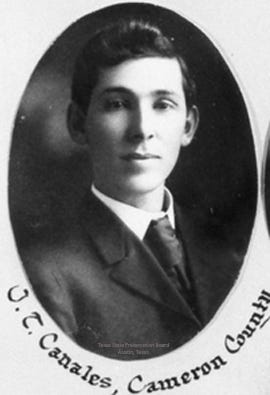Sophomore Writing
The (public) start of a new project
The rhythms of a writer working on books are odd and overlapping. A deal is made, but it feels like it hasn’t as the agent and editor negotiate the contract after the hand is shook. A writer, at least a nonfiction one, sells a book then writes it. You wait around for money though you’ve technically started working months ago. If you rely on books for income, as I do, you start thinking of the next project before the last one has wrapped (to the extent any book ever is). It’s a mercenary mechanism, maybe, but essential.
Last year was eventful for my writing, most significantly with Sprinting’s launch. Around the book’s release, I was also grappling with what I’d work on next. Sprinting’s story arrived fortuitously. I had been thinking about its themes for years and then happened upon the narrative. Perhaps this method isn’t as tidy or PR-friendly as a story a writer had been thinking about, writing about for their entire careers, but when I came upon it, I knew more or less immediately the 1919 Tour was the right frame for a book. After some research, I thought I might be able to do it justice.
You can try to force these coincidences, but it rarely works.
This is, I suppose, a bit of an odd way to introduce my second book. I started thinking about J.T. Canales only after some serious thought about what I might write about next. I don’t have any negative feelings toward this sort of forced inspiration, but it’s admittedly less romantic than stumbling upon a story you never knew you had to tell, then immediately knew you had to after coming upon its existence. Still, my story sense tingled as I looked at the reading guide of Canales’s investigation transcripts.
Over time, I started getting an idea for those intellectual currents that might exist within it (the privatization of land, how far within contemporary liberal systems the prosecution of law enforcement agencies can go). Then there were the practical considerations: what primary documents are available, what’s been said already, even if only in academic circles, what unexplored avenues are there, journalistically or otherwise? To each, I found answers that pushed me onward.
There’s been a lot more thinking and digging since then. And more writing and even more digging that will continue for some years into the future. I’m so glad to be working on These Bones Can Speak, the story of Texas representative J.T. Canales, who led an investigation into the Texas Rangers after a campaign of violence carried out by the Rangers against Mexicans and Mexican Americans.
These Bones Can Speak is a long way from being done, even longer from being published. But I’ll do my best to keep you in the loop, particularly as journalistic threads which need telling come to light. Bear with me as I negotiate with FOIA officers.
Until then,
Adin

Adin, really looking forward to your next book! Thanks for explaining how it became your next project/book/way to make money/write about something and do it justice based on research and what's been said and what you're going to with it.
You are an awesome writer, I'm grateful for "Sprinting", such an excellent book!
~Marty